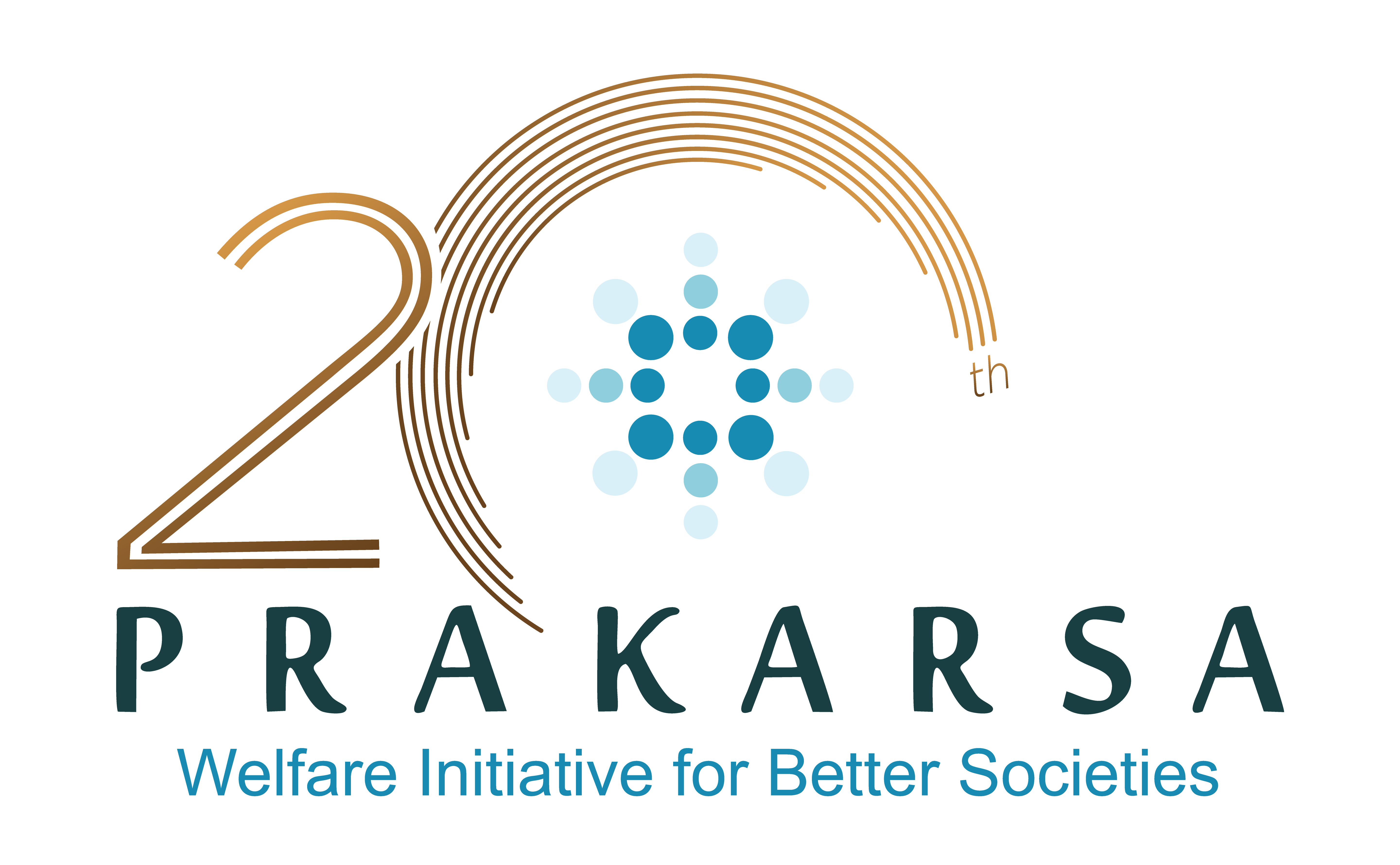The government has submitted the Omnibus Law on Taxation to the House of Representatives (DPR) for discussion and ratification. The public’s attention has not been as alert, as compared to the labor provisions within the Law, although the Law on Taxation will have a direct impact on community welfare. At the time of writing this Policy Brief, the discussions on the Omnibus Law on Taxation in the DPR were still unclear, whether it would continue or not.
The government argues that tax relaxation through the Omnibus Law on Taxation is needed to attract foreign investment in Indonesia. However, based on various examples of literature, the biggest obstacle to investment in the country is not tax relaxation, but legal uncertainty, inefficient bureaucracy, and corruption. According to data from the World Bank, which routinely measures the level of ease of doing business in world countries, Indonesia’s index in 2020 is a rank of 73 out of 190 countries and it has not changed since the previous year. The country’s rank is still far below other Southeast Asian countries such as Singapore (2), Malaysia (12), Thailand (21), Brunei Darussalam (66), and Vietnam (70).
This Policy Brief tries to analyze critically three main issues in the Omnibus Law on Taxation, namely: (1) a reduction in the Corporate Income Tax rates (PPh Badan), (2) elimination of the tax on dividends, and (3) placement of tax incentives in one statute.

